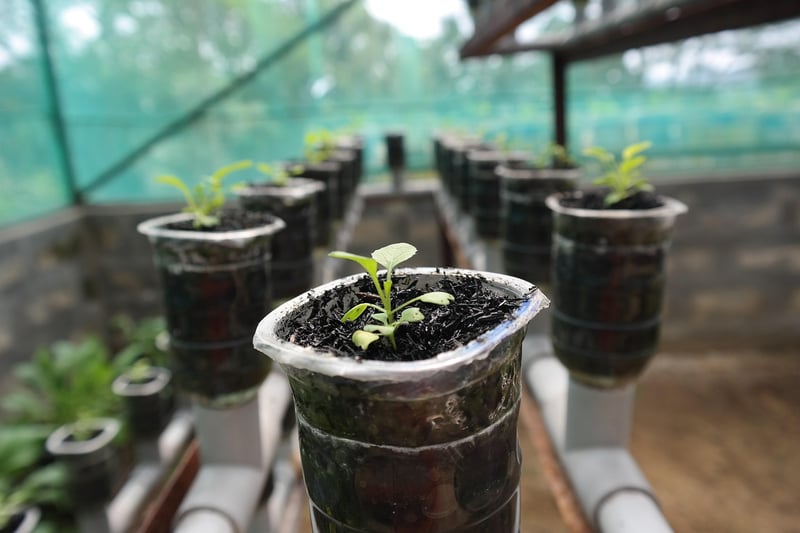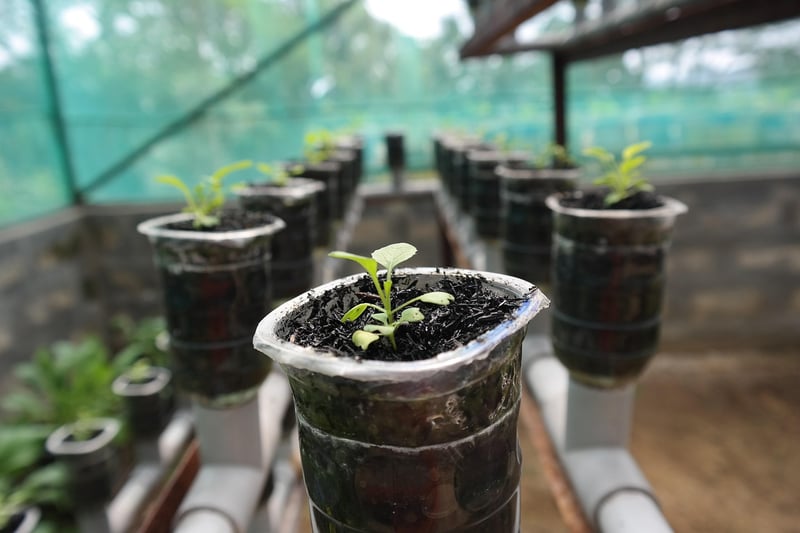Hydroponics
The Future of Food Production: Exploring Hydroponics
As the world's population continues to grow, innovative solutions are needed to sustainably produce food. One such solution that is gaining traction is hydroponics, a method of growing plants without soil. Hydroponic systems provide a controlled environment for plants to thrive, using nutrient-rich water solutions to nourish the crops. Let's delve deeper into this cutting-edge technique and its potential impact on the future of food production.
What is Hydroponics?
Hydroponics is a soil-less farming technique that involves growing plants in a nutrient-rich water solution. This method allows for precise control over the plant's environment, including factors such as pH levels, nutrient concentrations, and water usage. By eliminating the need for soil, hydroponic systems can be set up in various locations, including urban areas and arid regions, where traditional farming may be challenging.
Benefits of Hydroponics
There are several benefits to using hydroponic systems for food production:
- Water Efficiency: Hydroponic systems use up to 90% less water compared to traditional soil-based farming.
- Space Savings: Vertical hydroponic setups allow for high-density planting, maximizing the use of available space.
- Year-Round Production: With controlled environments, hydroponic farms can operate year-round, increasing overall crop yields.
- Reduced Environmental Impact: By minimizing water usage and eliminating the need for chemical pesticides, hydroponics offer a more sustainable farming alternative.
Types of Hydroponic Systems
There are several types of hydroponic systems, each with its own unique characteristics:
- Deep Water Culture (DWC)
- Nutrient Film Technique (NFT)
- Vertical Hydroponics
- Aeroponics
The Future of Food Production
Hydroponics represents a promising solution to the challenges facing traditional agriculture. By harnessing technology and innovative farming techniques, hydroponic systems offer a sustainable way to produce food efficiently. As the world continues to urbanize and climate change impacts traditional farming practices, hydroponics may play a crucial role in ensuring food security for future generations.

Exploring the possibilities of hydroponics opens up new avenues for sustainable food production. Whether it's in urban settings, remote areas, or even space exploration, the versatility of hydroponic systems offers a glimpse into the future of agriculture.
Embrace the future of food production with hydroponics and join the movement towards a more sustainable and efficient way of feeding the world.
References: Agritecture - What is Hydroponics? National Geographic - How we can feed the world by 2050
